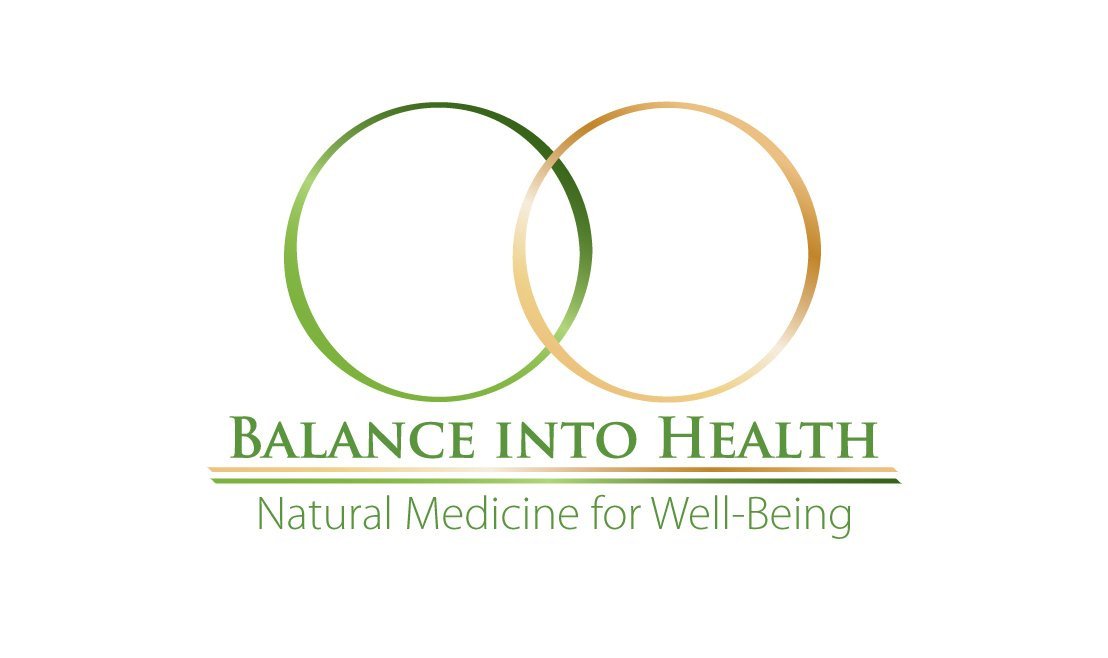Why Beets Are Good for You
Also known as beetroot, garden beet, or red beets, beets are low in sodium and fat and offer 37 calories per 1/2 cup. In addition, beets contain nutrients that promote good health. To enjoy these brightly colored vegetables, incorporate them into salads and soups or use them on sandwiches. You can also add beets to your favorite foods to make them more nutritious and fun.
Encourage Good Emotional and Mental Health
Beets are a good source of folate, offering 68 micrograms for a 1/2-cup serving of the cooked vegetable. This amount meets 17 percent of your daily recommended value of 400 micrograms per day. Also called vitamin B-9, folate is important for optimal brain health. You need folate for good emotional and mental health. The vitamin also helps your body produce DNA and RNA, the genetic material. It works hand in hand with vitamin B-12 to help iron function properly in your body and help produce red blood cells.
Help Ensure Healthy Brain and Nerve Function
A 1/2-cup serving of cooked beets provides you with 0.28 milligram of manganese, meeting 12-16 percent of your daily needs for the mineral. Your body needs manganese to make blood-clotting factors, sex hormones, bones and connective tissue. In addition, the mineral plays a pivotal role in calcium absorption, carbohydrate and fat metabolism and blood sugar regulation. Eating manganese-rich foods such as beets ensures your brain and nerves function at optimal levels. Manganese is an integral part of the antioxidant enzyme superoxide dismutase, which helps combat free radicals. Free radicals are compounds that can destroy your DNA and cell membranes and may play a role in aging and development of cancer and heart disease.
May Help Prevent Chronic Diseases
Beets are a rich source of the chemical betaine. Also called trimethylglycine or betaine anhydrous, betaine plays a vital role in cellular reproduction and liver function and helps your body metabolize homocysteine, an amino acid. Elevated homocysteine has been linked with increased risk of stroke and heart disease, reports the University of Maryland Medical Center. According to a study published in the “American Journal of Clinical Nutrition” in September 2004, betaine has been shown to improve performance, improve vascular risk factors and protect internal organs. Evidence also shows that the nutrient may help ward off numerous chronic diseases.
Help Fight Age-Related Diseases
Red beets contain high concentrations of water-soluble nitrogen-containing pigments called betalains. These pigments exhibit antiviral and antimicrobial effects and can lessen tumor cell growth, according to an article published in the journal “Food Research International” in July 2011. Consuming red beets helps to protect against age-related diseases. Betalains and other phenolic compounds found in these vegetables protect lipids against oxidative damage and enhance your antioxidant status. In addition, betalains have antioxidant and anti-inflammatory properties.
